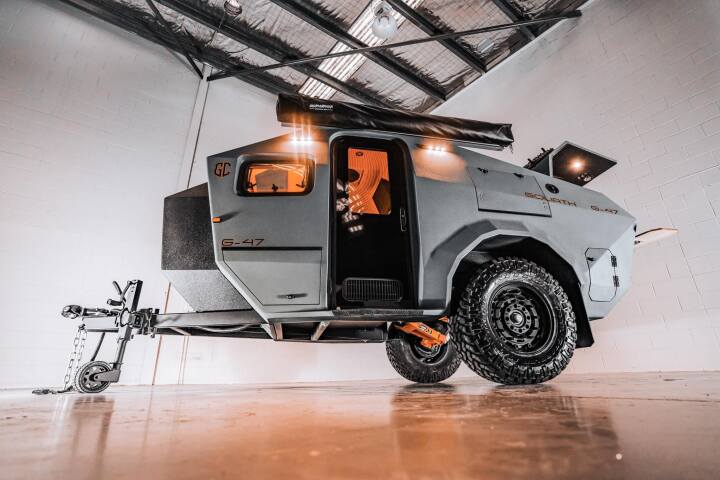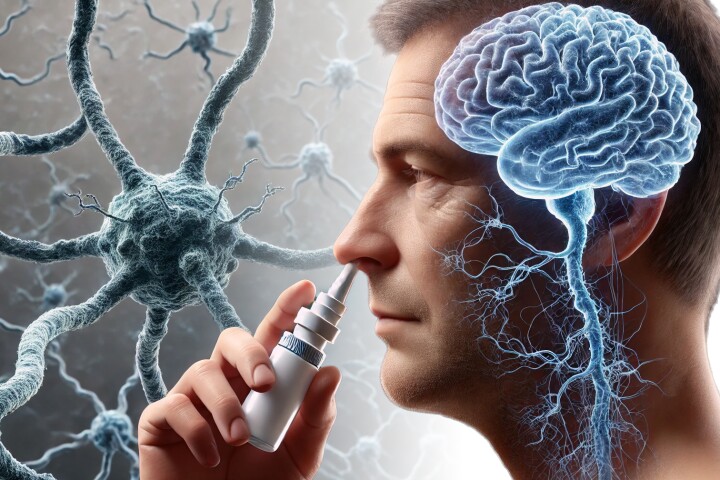While breathalyzers make it quick and easy to tell if someone is drunk, it takes more time and effort to determine if they're intoxicated by drugs such as cannabis. A new device known as Gaize could reportedly soon change that.
Offered by a US startup of the same name, Gaize takes the form of a Pico Neo 3 Pro Eye VR headset that's equipped with Tobii eye-tracking sensors. It's wirelessly linked to the user's smartphone or tablet, which is running an accompanying iOS/Android app.
Gaize CEO Ken Fichtler tells us that Gaize is essentially an automated and portable version of the more involved eye tests that are currently manually performed by Drug Recognition Expert (DRE) police officers.
These tests are designed to detect the tiny involuntary eye movements and pupil dilations which are associated with drug intoxication. Conventional DRE testing requires special training, involves multiple steps, and has to be conducted under controlled lighting conditions.
By contrast, Gaize reportedly requires very little training, can be used on location, and delivers a reading within six minutes. Additionally, it's intended not only for use in law enforcement, but also in fields such as transportation, construction, mining, and pretty much anything else where intoxication could have serious consequences.

Users start by placing the headset on the test subject's head, and launching the app. Via the headset's display, the test subject then watches a ball move at specific speeds and in specific patterns, with the Tobii sensors tracking their eye movements and pupil size as they do so. The sensor data is wirelessly relayed to the company's servers for analysis, with the results subsequently being relayed back to the user's mobile device.
Additionally, the headset's eye-tracking videos are recorded for later use in legal proceedings, should they occur.
Fichtler says that Gaize is presently being sold into multiple markets globally, and that its price is inline with that of "evidential alcohol breathalyzer technology." The device is demonstrated in the following video.
Source: Gaize





